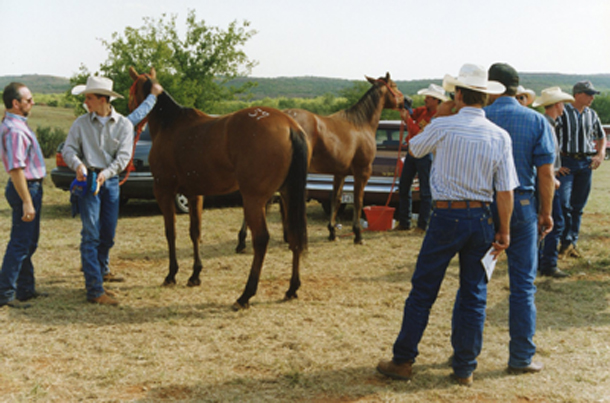Pets
What To Consider When Buying A Horse

So you are thinking of buying a horse…congratulations! In the flurry of excitement about your impending purchase, there are a few details you need to consider before rushing out to your local horse dealer. Buying a horse is something of an investment, and unless you are planning to train the horse to sell on or will be competing on several horses at national level, most owners usually keep their horse into their retirement.
What do I need to consider when Buying a Horse?
Firstly, you need to consider your riding competency. A rider who has been taking lessons on and off for several years from experienced school masters is not going to have the same competency as a rider who has ridden his or her own horse three times a week for 12 months. Both have their advantages, of course, however, until you have owned a horse and gotten to know his personality and little idiosyncrasies, it can be tricky to truly know your level of competency. It would be safe to say that erring on the side of caution would be the wisest choice when considering buying a horse. You will need a horse that you can learn and grow with, but don’t aim too high and set yourself up for a fall (literally) in a few months’ time after buying a horse that’s too much for you.

Where do I Buy a Horse from?
There are several ways to buy a horse. One option is to visit your local horse dealer to see what they have in the yard and you can then as questions about the kind of horse you are looking for in accordance with your riding competency, riding ambitions and budget. Reputable horse dealers are experienced individuals with a wealth of knowledge and they can be very helpful for new riders on the equestrian circuit.
A second option is to visit an auction, where you can find some truly beautiful animals at a fraction of the price seen at a dealers yard. However, auction horses frequently come with little or no background information, so this option should really only ever be used by experienced riders who have the time and knowledge to invest into a new horse that may require a great deal of additional training.
Finally, perhaps the most common method of buying a horse is through private sales posted online, in magazines or in your local tack room. The current owner will arrange a viewing a test ride(s) and should be able to provide you with all relevant paperwork, including history and veterinary records that accompany the horse.
I’ve found the Perfect Horse, now what?
When you have found your perfect match, STOP! Don’t rush into sealing the deal until you have consulted a professional. Make sure you take a more experienced rider, such as your instructor, with you to see the horse, and preferably see you on the horse to make an impartial assessment of your compatibility. All horses should be thoroughly assessed by a Veterinary Surgeon prior to purchase so that you can be made aware of any ailments or illnesses that may affect your horse’s suitability for you further down the line.
Next, you need to consider where you are going to keep your horse, will you be using a livery stables or do you plan to build a bespoke stabling area on your own land? You will also need to think about feed, bedding and equipment storage as well as drawing up a comprehensive budget plan to take stock of all the costs involved in maintaining a healthy horse. Then you can finally bring home your horse and start dreaming about the adventures that the two of you are about to embark on.
-

 Tech11 years ago
Tech11 years agoCreating An e-Commerce Website
-

 Tech11 years ago
Tech11 years agoDesign Template Guidelines For Mobile Apps
-

 Business6 years ago
Business6 years agoWhat Is AdsSupply? A Comprehensive Review
-

 Business10 years ago
Business10 years agoThe Key Types Of Brochure Printing Services
-

 Tech8 years ago
Tech8 years agoWhen To Send Your Bulk Messages?
-

 Tech5 years ago
Tech5 years ago5 Link Building Strategies You Can Apply For Local SEO
-

 Law5 years ago
Law5 years agoHow Can A Divorce Lawyer Help You Get Through Divorce?
-

 Home Improvement6 years ago
Home Improvement6 years agoHоw tо Kеер Antѕ Out оf Yоur Kitсhеn































